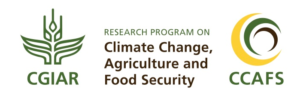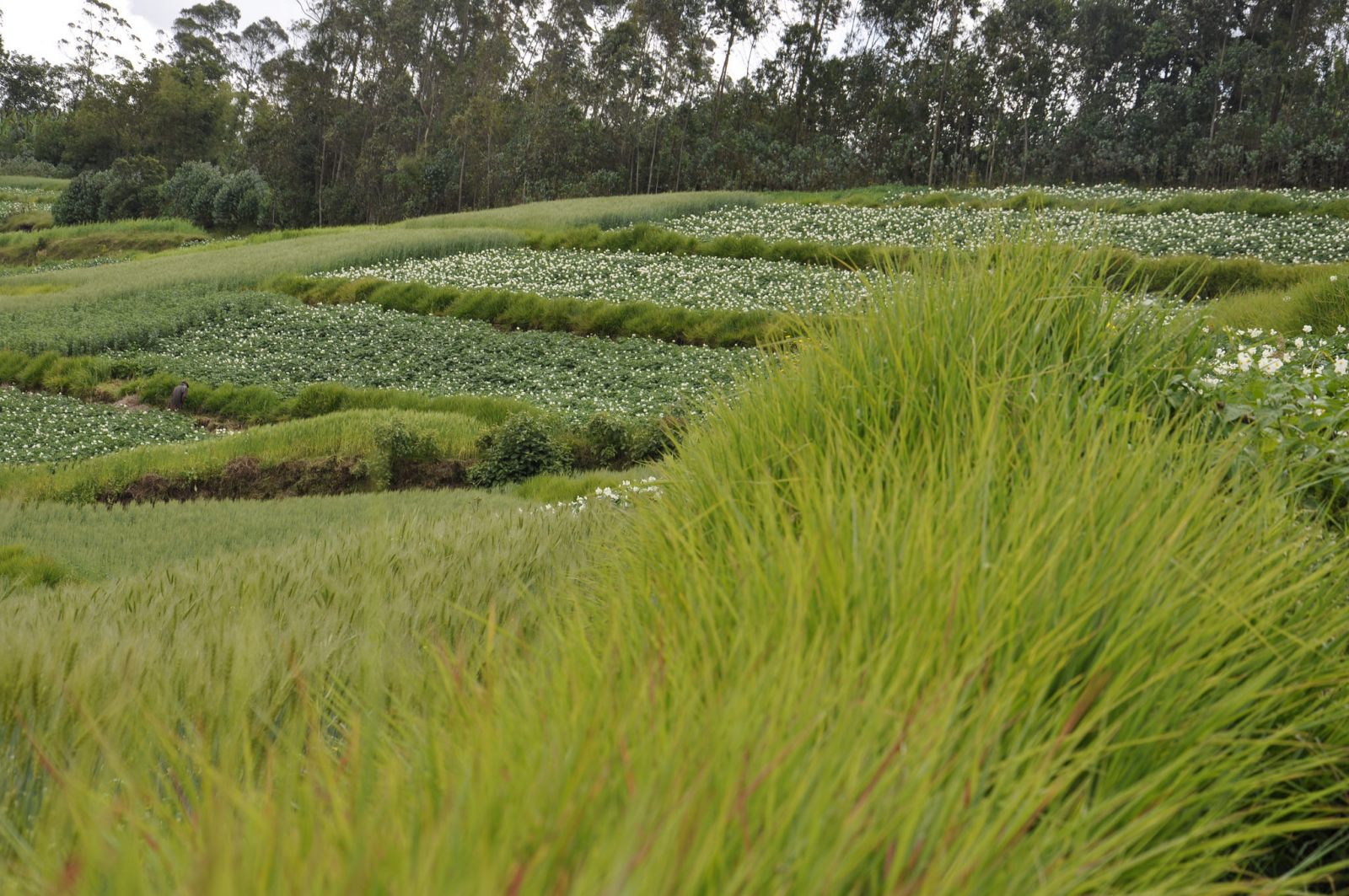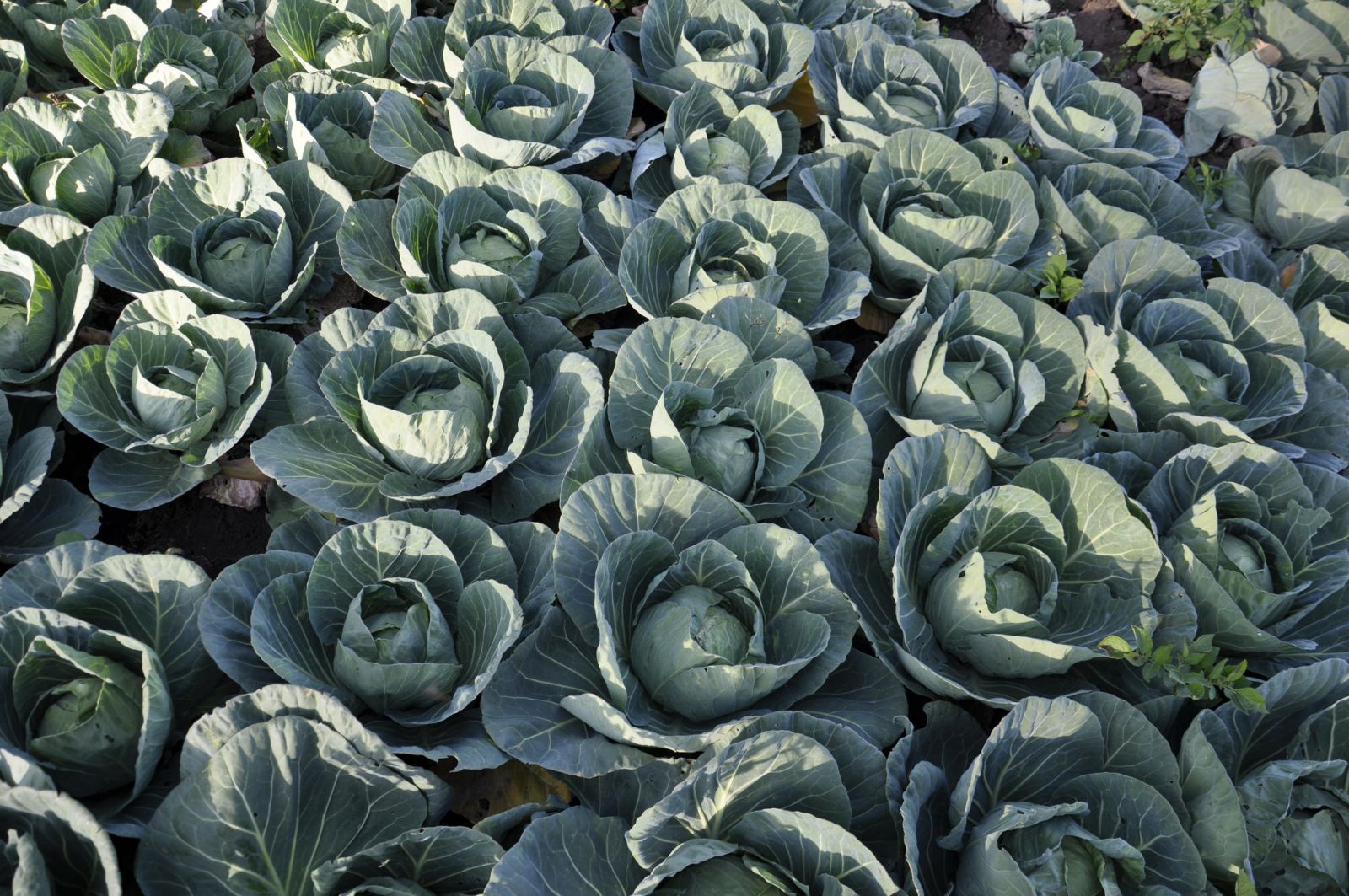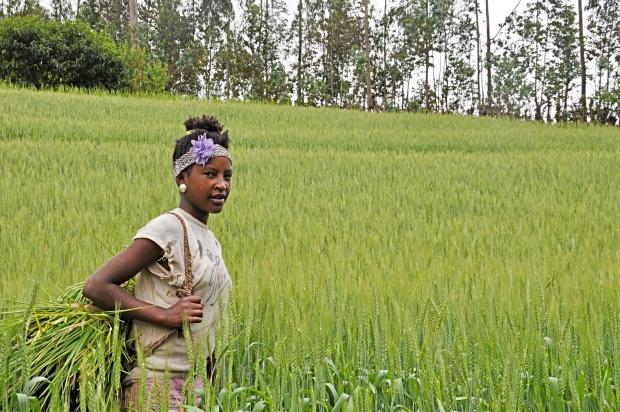
To achieve resilient livelihoods and diversified production, the key in Southern Ethiopia was to apply a climate-smart landscape approach that uncovered opportunities for renewable energy-based irrigation systems, including solar irrigation.
Article in collaboration with: CGIAR Research Program on Climate Change, Agriculture and Food Security (CCAFS) seeks to address the increasing challenge of global warming and declining food security on agricultural practices, policies and measures through strategic, broad-based global partnerships.
In October 2018, the CGIAR Research Program on Climate Change, Agriculture and Food Security in East Africa (CCAFS EA), along with partners from the International Center for Tropical Agriculture (CIAT), the Global Green Growth Institute (GGGI), the International Fund for Agricultural Development (IFAD), and also Ethiopian institutions, such as the Ministry of Agriculture and Livestock Resources (MoALR), Mekelle University and Debre Berhan University, carried out a field visit to Doyogena in the Southern Nations, Nationalities, and Peoples’ Region (SNNPR) of Ethiopia. The main objective of the visit was to explore the opportunities to design and implement renewable energy-based irrigation systems—with a focus on addressing critical water-related needs—to ensure year-round high value crop and livestock feed production in the region.
Related topics: Power OffGrid: Innovating the Energy Market in Somalia – De-risking agricultural value chains using climate-smart agriculture – Solar Em(power)ment is Lighting the Path to Sustainable Development
Stakeholder discussion concerned the needs, opportunities and challenges of successfully introducing a small-scale solar energy irrigation system to improve livelihoods, diversify diets and income and to enhance resilience and adaptive capacity. Furthermore, the use of gender-sensitive climate-smart practices and technologies at scale was also discussed, in order to reduce greenhouse gas (GHG) emissions and sequester carbon in agricultural landscapes where possible.
Assessing the situation in Doyogena
During the visit, Mesfin Desalegn, Inter Aide District Project Coordinator, explained the initial changes in the area following the interventions. “Before the introduction of climate-smart practices, the area was highly degraded,” he stated. “The site transformed to a model climate smart landscape by working with social institutions such as IDIR and through community-based integrated watershed management with fodder production.”
Climate-smart practices, both in crop and livestock systems, that enhance resilience and adaptive capacity, reduce GHG emissions and sequester carbon, are now well implemented across the site. These practices include integrated watershed management and landscape rehabilitation, cereal and legume rotation and intensification, community forestry, community grazing land development using area closures, forage production and agroforestry.

Climate-smart landscape in Doyogena, Ethiopia, fostering landscape rehabilitation and increased livelihood resilience. Photo: D. Solomon (CCAFS)
Muluneh Markos, Head of the District MoALR, explained that “the site is where so many lessons were learned regarding successful implementation of integrated watershed management.” He indicated that “considering the high population density and shortage of land, producing more than twice a year is compulsory to ensure food security in the area. This can be achieved through addressing the critical water-related needs of the community.”
According to Dawit Solomon, Regional Program Leader, CCAFS EA, “this site shows what is possible. Through the existing opportunity of collaborative partnership between the government, NGOs as well as technical support from universities, CGs and other research centers, it is possible to make the site even better.”
Kifle Woldearegay from Mekelle University highlighted that “water harvesting is a very good entry to address the critical issue of water. The area receives high rainfall and can benefit from water harvesting schemes for irrigation.” He also emphasized the need to work on gully control to ensure the sustainability of water harvesting that could be threatened by siltation. In addition, the opportunity of integrating water and energy-smart solar irrigation systems with aquaculture was discussed by experts from partner organizations and development agents.
A successful application of climate-smart practices
On the second day of the visit, the team met with Bekelech Belachew, a model woman farmer. Her farm is the practical definition of climate-smart agriculture, combining water-, carbon-, crop-, livestock- and knowledge-smart activities. Through the water she collects and stores in the water harvesting structure, she produces improved varieties of maize, barley, sugar cane, coffee, mangoes, avocados and vegetables during the dry season that enable her not only to earn an income, but also to diversify her diet.
In addition, she has planted newly introduced grass varieties from Africa RISING, a sustainable agricultural intensification research program supported by the United States Agency for International Development (USAID), which can be used to strengthen physical soil and water conservation structures as well as animal feed.

Cabbage patch in Bekelech’s climate-smart farm in Doyogena, Ethiopia. Photo: G. Ambaw (CCAFS)
During the visit, she explained the importance of water, and shared her motivations for applying such practices on her farm. A couple of years ago, she visited farmers in Northern Ethiopia as part of a farmer-to-farmer experience exchange. As one farmer explained, “in the North, farmers run out of their house during the rains to harvest the water, but farmers in the South run to their house.”
With this effective approach in mind, she was able to develop a biodiverse and sustainable farm, despite the small plot size. As a source of nutrients for crops, she prepares compost using household waste and manure from cattle, chicken and horses. The visit to Bekelech’s farm demonstrated the important achievements of women farmers and the need for learning sites to motivate and showcase such successes.
Stakeholders highlighted that integration of high value horticultural crop production and efficient water resource management including solar irrigation systems with aquaculture, high value community poultry and gully rehabilitation must be taken into consideration. Identifying key stakeholders and options for applying cost-effective, appropriate and sustainable interventions and mobilizing partners is key for implementation.
About the author: Gebermedihin Ambaw is a Research Associate for CCAFS East Africa. Meron Tadesse is a Research Assistant for CCAFS East Africa.
EDITOR’S NOTE: The opinions expressed here by Impakter.com columnists are their own, not those of Impakter.com. Photo Credit: A. Mulatu (CCAFS)










